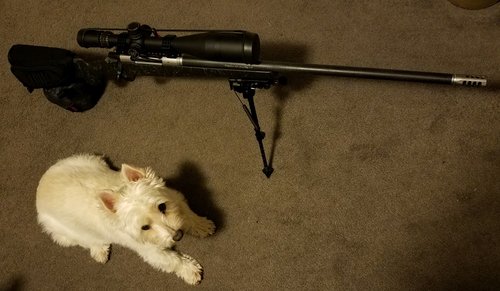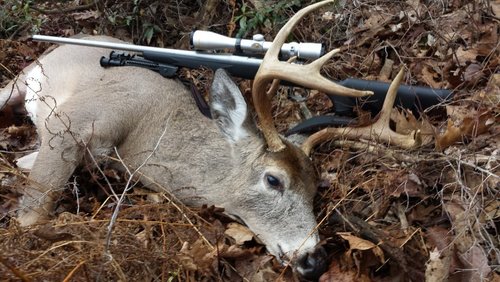Ben_BlueOx
Member
- Joined
- Apr 16, 2020
- Messages
- 57
Hi, you might of seen my other recent posts. I’m totally new to the hunting world. No previous experience at all, so please excuse my ignorance. I have only just applied for my foid card.
long term I’m looking to rifle hunt elk and such.
Any recommendations on brands and specs to focus on? all recommendations welcome, so I can look into things with more detail.
thanks.
long term I’m looking to rifle hunt elk and such.
Any recommendations on brands and specs to focus on? all recommendations welcome, so I can look into things with more detail.
thanks.






